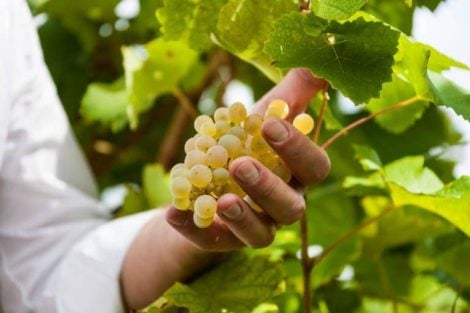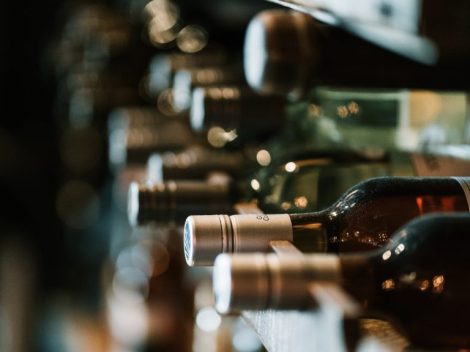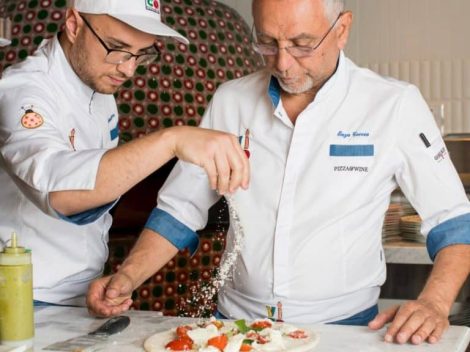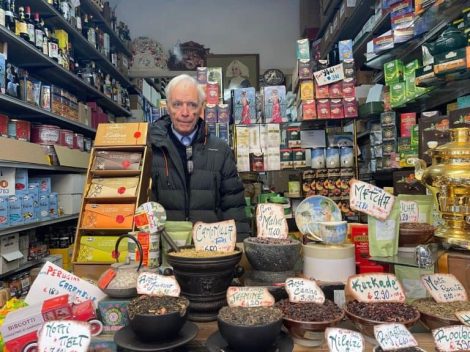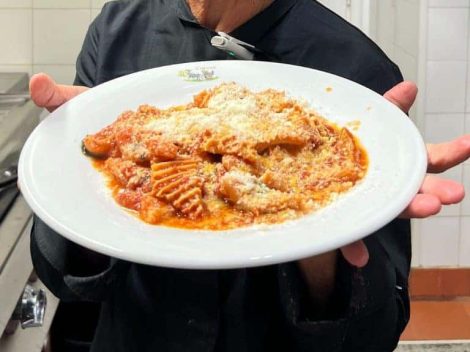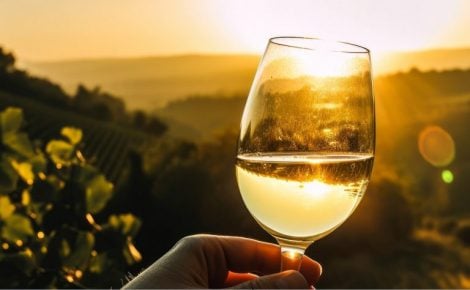New projects are on the horizon for Baby Dicecca, the world-renowned cheese kiosk. Away from the beaten paths, trends, and predictions, Baby Dicecca has become a must-visit in the Alta Murgia area, turning into one of those secret places everyone talks about, with its name echoing across the ocean. Many foreigners venture here, deep into the Mercadante Forest, to discover the cheese kiosk of Vito Dicecca and Roberta De Lia. Even famous people visit because authenticity speaks louder than luxury and carries a meaningful message for those who understand it. And for once, it’s not just foreigners who are charmed by this small establishment: “More than 90% of our visitors are from Puglia, people who have high-quality dairies and good focaccia near their homes, yet they come to us for a cheese tasting at 38 euros. This is incredibly rewarding for us.” The formula is simple: Dicecca’s own cheeses, such as Nodi d’amore and Amore Primitivo, Altamura bread, and local vegetables. “In the early days, people would come, read the menu, and leave. We wondered if we should change,” Vito recounts. They persevered, and time proved them right. Today, they have three employees—“a small company”—and new projects.
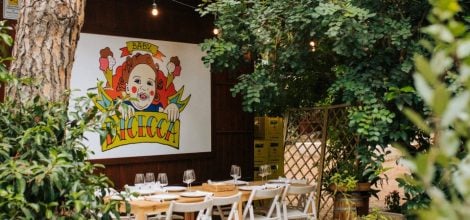
The world-famous cheese kiosk
“We realized that to evolve, we needed something a bit larger: as charming as the kiosk is, it has many limitations.” They conducted a cadastral survey of a nearby structure, a former forestry barracks, and submitted a proposal to the Puglia region explaining their plans for the building. After some time, they received an affirmative response: “The person who read our email understood our project. Often, politics is seen as mere bureaucracy or worse, but it’s also made up of people, and I can say I found competent individuals: understanding our project wasn’t easy, but they did.” The growing media attention around Vito and Roberta helped, from their feature on Rai3’s GenerAzione Bellezza by Emilio Casalini (promoted on social media by President Emiliano with congratulations) to their appearance on Stanley Tucci’s Searching for Italy, which amplified their exposure in Italy and abroad, demanding even greater diligence: “After such exposure, you have to stay even more focused.” The work continues, but with restraint: “We decided to stay small, processing an average of 20 quintals of milk per day, which drops to 16/17 in summer, sourced from two farms we’ve worked with for over 40 years. We’re happy this way; we don’t need to increase revenue to live well. We made a choice.” A choice that seems to be paying off: “Last week, I had a booking for a cheese tasting from someone whose surname seemed familiar. It was Scott Eastwood, in Italy for a film. He heard about us and booked directly through our website.”
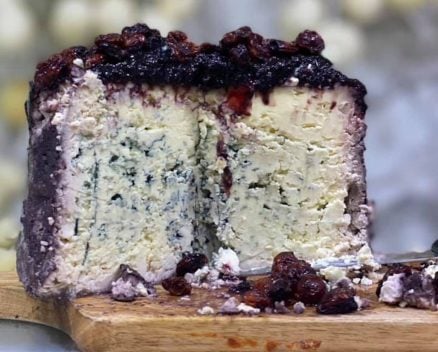
The new structure
The new Baby Dicecca is moving in a few weeks: no longer in the kiosk, but to a 100-square-metre facility. This new space will house a small workshop for cheese-making classes, a sales point, and a kitchen with an open flame to transform the cheese bar into a cheese restaurant, still with outdoor seating: “We started with one table outside, and we’ll continue like that, remaining focused on the outdoor experience to ensure contact with nature. We’re moving just 200 metres away, so we’ll be even more immersed in the forest.” This immersion also comes with some restrictions: no Wi-Fi, no cigarettes. “Even though we’re outdoors, we don’t allow smoking, not even Iqos,” Vito provocatively asks on social media: “If you don’t love nature and cheese, why come here?”
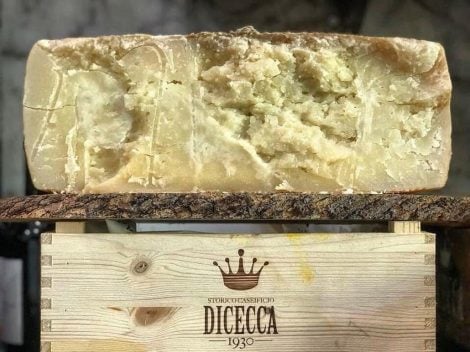
What’s on the menu at Baby Dicecca
The offerings, managed by Vito and Roberta, remain the same as always, with a few additions made over the open flame – “fire is an ingredient,” Vito explains. Expect things like warm bread with oil and oregano, or a slice of roasted caciocavallo with a bit of honey as per family tradition, tomato carpaccio with a touch of cacioricotta, semolina focaccia with stracciatella, and a wafer with carosello and Torre Canne tomatoes. These are simple accompaniments to the cheeses, especially in summer when people crave fresher foods. “The cheese is the star of the place,” Vito loves to say, but alongside it, there is bread from a historic bakery in Altamura, carosellos from a farmer in Cassano, and milk from Nunzio, who raises sheep and goats nearby. “For us, it’s easy, we have everything right here, within reach. We’ll do what we know best, where the raw materials are untouched. This is an incredibly rich area.”
The new life of the kiosk
And what about the kiosk? “I’ll never let it go, it’s like a child,” says Vito. So, it changes its purpose and becomes an event space to host chefs, artists, and writers, giving people a platform to express their work and philosophy. Some events have already taken place, including book presentations, pop-ups, and the first of the Dialoghi in foresta, Roberta’s podcast. The hut becomes a place to give a voice to farmers and herders: “We need to acknowledge those who do the groundwork. The merit of a good cheese is 60% due to the farmer, the rest is technique and aging, but less than half. If the raw material runs out, I can’t make cheese, and the cook can’t cook. We want to value those who are truly behind the scenes doing the hard work.”

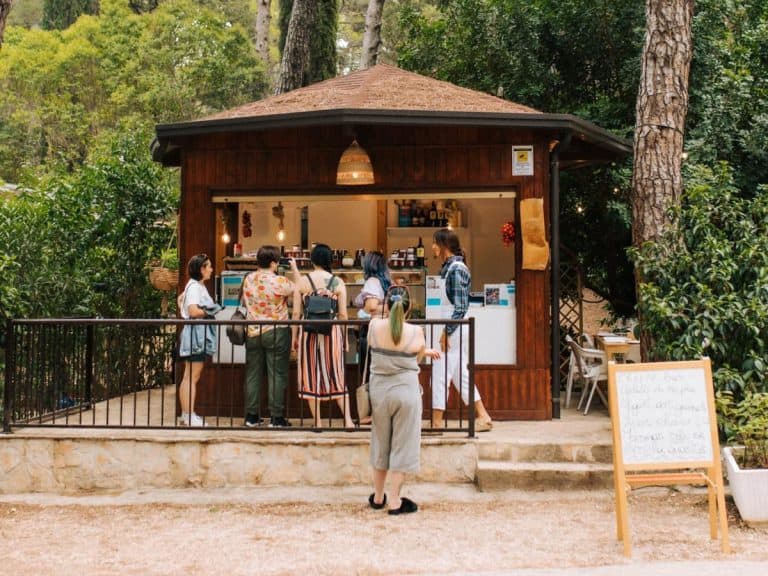
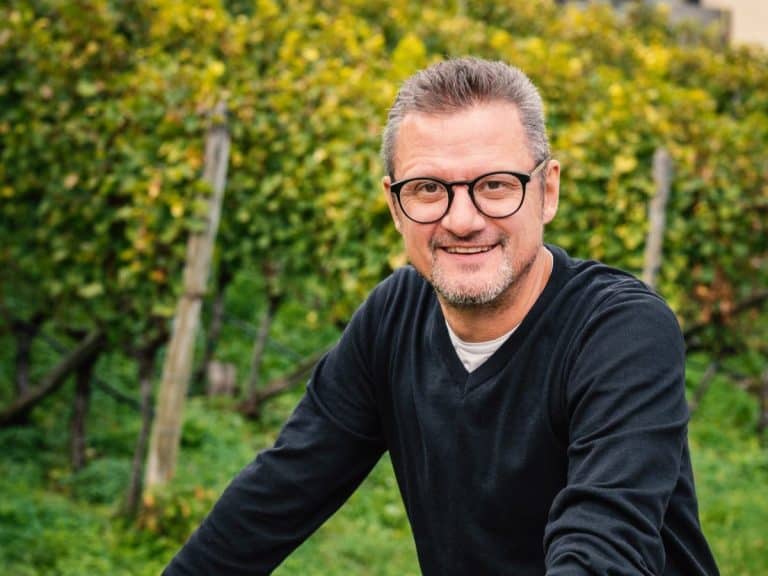 Non-alcoholic wines? Call them what you want, but they’re still a derivative of wine.” An Interview with Martin Foradori
Non-alcoholic wines? Call them what you want, but they’re still a derivative of wine.” An Interview with Martin Foradori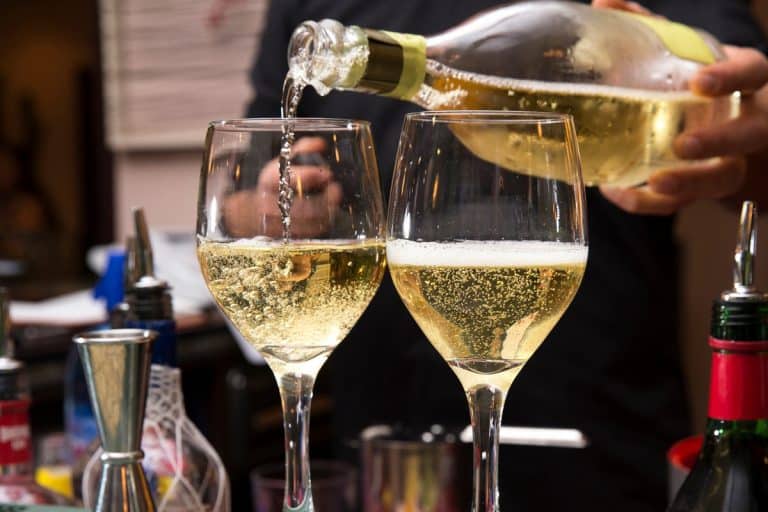 The 8 best Trentodoc wines chosen by Gambero Rosso
The 8 best Trentodoc wines chosen by Gambero Rosso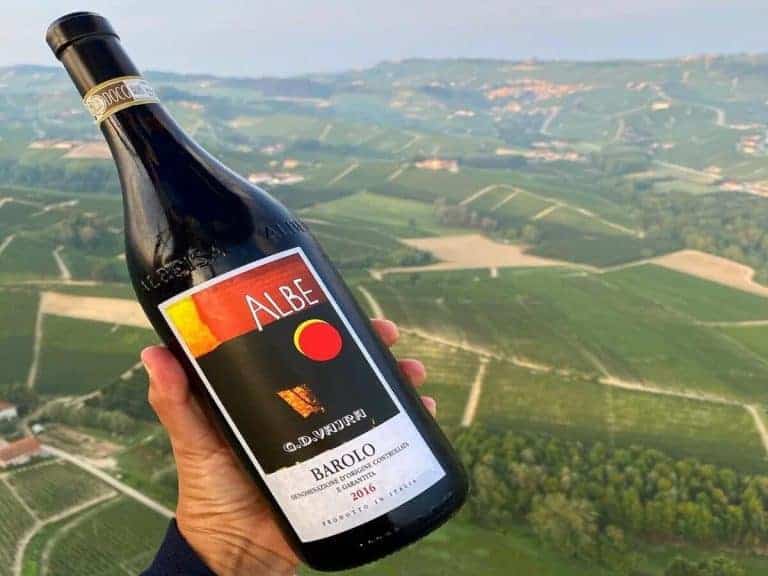 A Piedmont wine enters the top ten of Wine Spectator's "Top 100"
A Piedmont wine enters the top ten of Wine Spectator's "Top 100"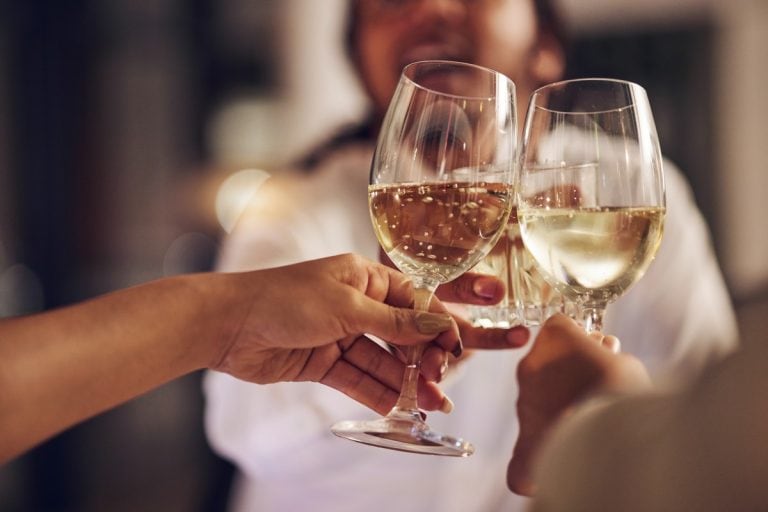 Sparkling wines surpass still wines in Italian out-of-home consumption. Most popular during the aperitif
Sparkling wines surpass still wines in Italian out-of-home consumption. Most popular during the aperitif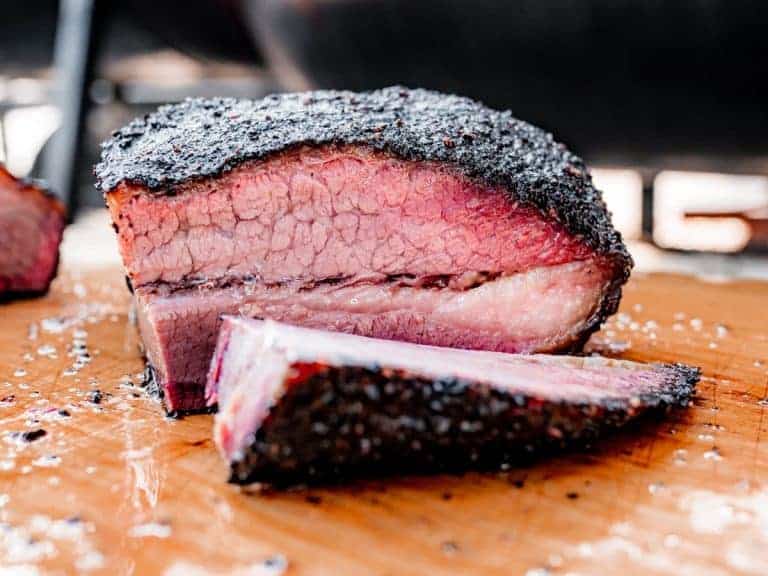 American Barbecue wins a Michelin star for the first time in history
American Barbecue wins a Michelin star for the first time in history